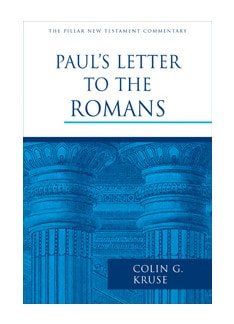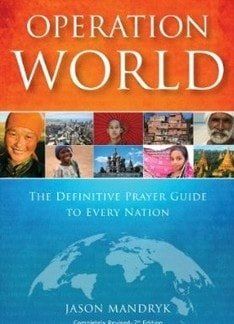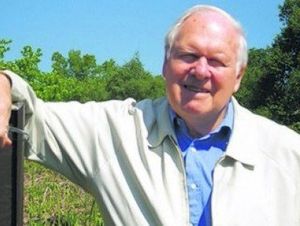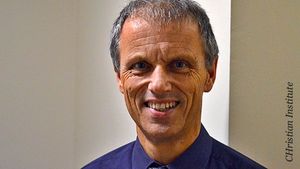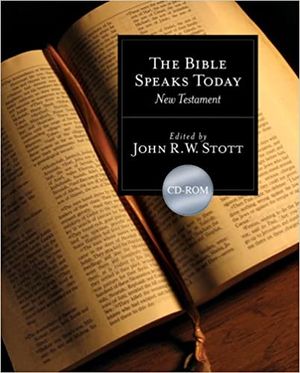Hailed by Billy Graham as ‘the most respected clergyman in the world today’, John Stott retired last year at the age of 86. The subtitle of this, his latest book, is self-explanatory.
There are eight chapters. He begins with ‘Essentials’. Any church worthy of the name must be a learning church (teaching), a caring church (fellowship and giving), a worshipping church (breaking of bread and prayer) and an evangelising church.
Some of these themes are enlarged in the following chapters: Worship, Evangelism, Ministry, Fellowship, Preaching, Giving and Impact (the church as salt and light). All are rich in practical exposition.
Regarding worship – ‘in which we should always experience true transcendence’ – the author laments the fact that Evangelicals seem to have little sense of the greatness and glory of Almighty God.
He deplores both extremes of mechanical dullness and flippancy but doesn’t come down on either side of contemporary or conservative worship. He maintains that the musical instruments used are not significant but rather the spirit in which they are used.
The chapters on Evangelism and Preaching are outstanding. The church needs to be organised for evangelism but should not absorb every night of the week to the detriment of the family. The author asks searching questions such as, ‘Is the church in reality only organised for itself?’ And, ‘Do we imprison our members in the church?’
John Stott’s 350-page magnum opus I Believe in Preaching was published in 1982. The present volume summarises the larger volume in five paradoxes – preaching must be both biblical and contemporary; both authoritative and tentative (the preacher must not pretend to know everything; Deuteronomy 29:29); both prophetic and pastoral; both studied and passionate.
His stimulating discussion on fellowship and koinonia (‘sharing’) contains no reference to the church prayer meeting – when the church meets under the preaching of the Word but with the specific purpose of intercession. This biblical practice seems to be in gradual decline in favour of house groups. Is it not possible to foster both?
The book concludes with three appendices, ‘Why I am still a member of the C of E’; ‘I have a dream of a living church’; and ‘Reflections of an octogenarian’. The first is controversial in its reminder of the clash with Dr Martyn Lloyd-Jones in 1966.
Next year’s anniversary of John Calvin’s birth may remind us that he held church discipline to be one of three essential marks of a church. This subject receives no mention in this book. Stott makes clear what a Christian is, but not how believers become church members.
Does church discipline exist in the C of E? Is any effort made to ensure a believing membership? And surely discipline starts at the top. If bishops can be liberals or even practising homosexuals, what does that mean for the members? The present turmoil in the world wide Anglican Communion shows that we ignore church discipline at our peril.
Also, does having a Confession of Faith mean anything if in reality that also is ignored?
This first appendix should not be allowed to negate the considerable worth of the book, which is all about spiritual vitality. Any church that puts into practice the directions advocated here will be a living church.



